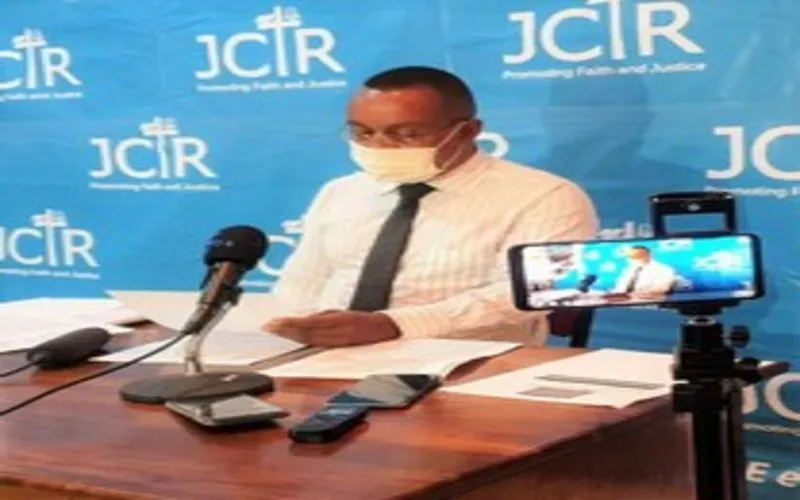Lusaka, 21 December, 2021 / 8:00 pm (ACI Africa).
Zambians are closely monitoring the government to ensure it fulfills the promise of using resources realized from the removed fuel subsidies are used “to cushion the poor and vulnerable” members of the society, officials of a Jesuit institution in Zambia have said.
The Zambian government increased fuel prices after removing subsidies on petroleum products on December 16.
While announcing the expected removal of subsidies on December 6, Finance and National Planning Minister, Situmbeko Musokotwane, said resources that are expected to be realized after the subsidies have been removed will result in more funds for free education, meal allowances to vulnerable pupils and students, hiring more medical personnel and teachers, and enhancing social protection programs.
“The Zambian people are closely watching to ensure that the resources realized from removal of subsidies are really going to be utilized to cushion the poor and vulnerable,” officials of the Jesuit Centre for Theological Reflection (JCTR) say in a Monday, December 20 statement.
JCTR officials say the government is required to take “deliberate measures to improve the living standards and conditions of the poor and vulnerable people in our society.”








